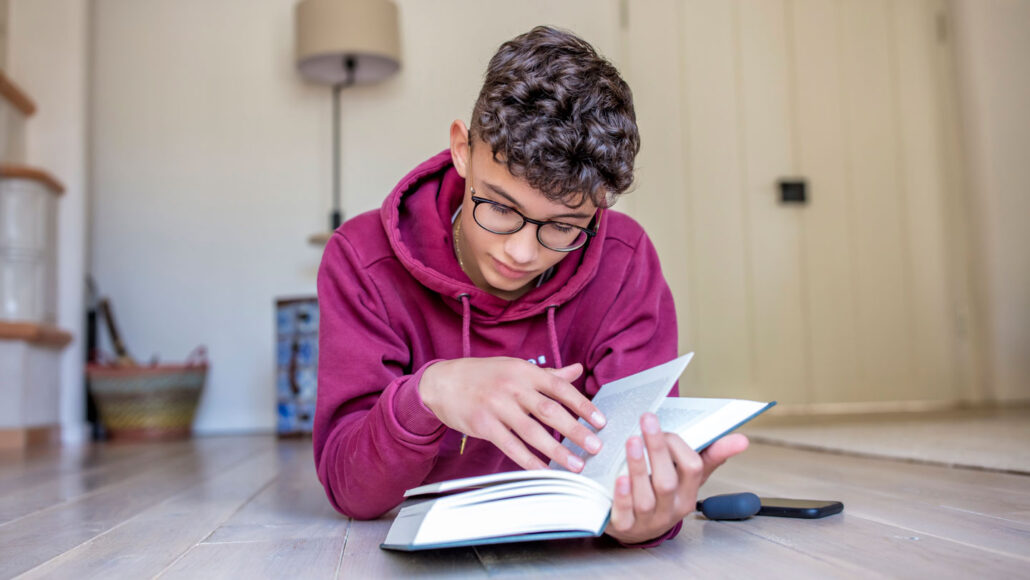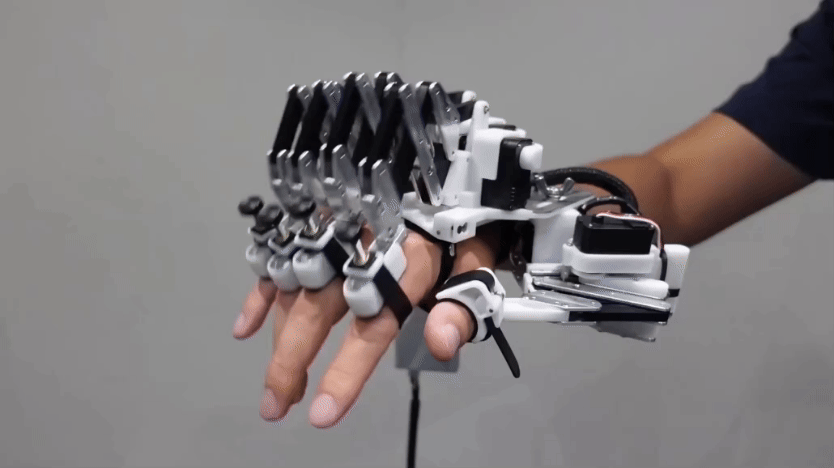Let’s learn about reading
Scientists are exploring how to make reading easier for people with and without learning disorders

Reading can transport us to an imaginary world or help us learn about the real world around us.
Tomas Rodriguez/Getty Images
Reading is an awesome, uniquely human experience. Just by skimming our eyes over some squiggles, we can mentally travel across time and space. We can walk in the shoes of people who lived millennia ago. Explore imaginary realms and befriend fictional heroes. Glimpse the mathematical machinery that runs the universe and peek into the darkest, farthest corners of the cosmos.
But let’s be real. Reading can also be hard. That’s especially true when we’re tired or bored or faced with super dense text. And reading can be a lot harder for some than for others. Luckily, scientists are looking into the ways our brains make sense of written language. And this research has revealed a few tips for how to make reading an easier, more rewarding experience.
For instance: Read in print whenever possible. There are several reasons for this. One is that our eyes are less likely to skim past printed words than those on screen. Plus, consuming content on a physical page helps the brain make a mental map of the information. That map, in turn, makes it easier to remember details in future.
When you do read on-screen, try viewing text in a larger font. Words are easier to wade through when the letters are less tightly packed.
Finally, when reading something difficult, such as a scientific article, take an active approach. Define unfamiliar words in the margins. Translate complex paragraphs into a form that’s understandable to you. Perhaps most importantly, be patient with yourself. Your brain is taking that jumbled bunch of squiggles and making it mean something. That’s a pretty fantastic feat, no matter how long it takes.
Want to know more? We’ve got some stories to get you started:
Cool Jobs: Decoding how your brain ‘reads’ Researchers are looking for answers that will help people who struggle to read. (3/22/2018) Readability: 6.1
Will you learn better from reading on screen or on paper? One size doesn’t fit all situations. But for now, experts say, don’t throw away your books. (10/18/2021) Readability: 6.0
Want to improve your reading skills? You might just need more space Students with and without dyslexia read better when letters have extra spacing between. (11/29/2021) Readability: 7.9
Explore more
Explainer: How to read brain activity
Harry Potter reveals secrets of the brain
Video games can help some people read
Patterns in brain activity can identify who will struggle to read
Good at reading? That’s no sign girls won’t also cut it in STEM
Kids use more of the brain than adults do to process language
This printer makes ‘visual’ aids for people with sight problems
Four tips for reading a scientific paper
To understand a scientific paper, delve into its parts
More classroom time increases reading skills
Activities
Looking for a good book, but not sure where to start? Try “What Should I Read Next?” Here, you can search for new book recommendations based on titles or authors you already know that you like.







